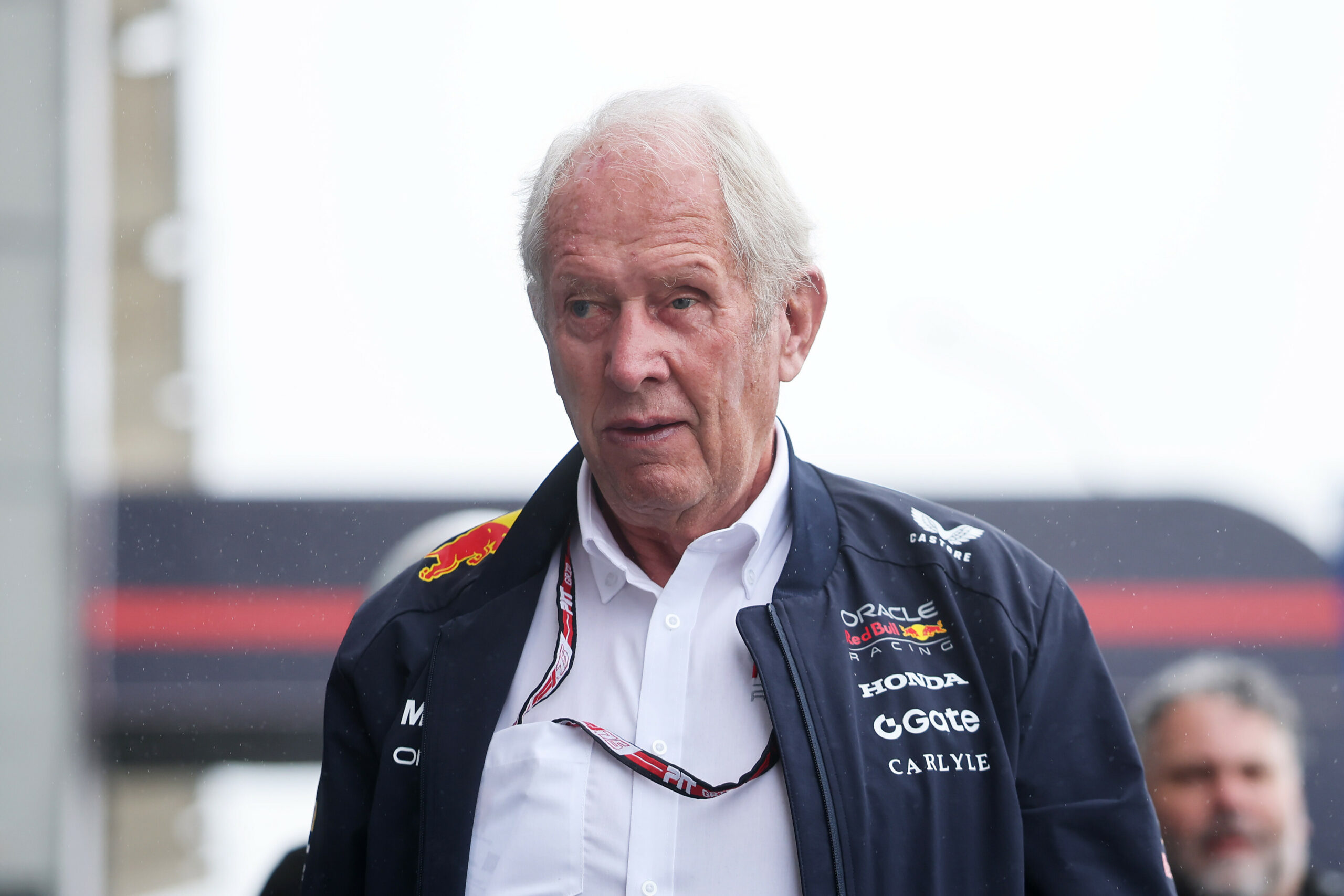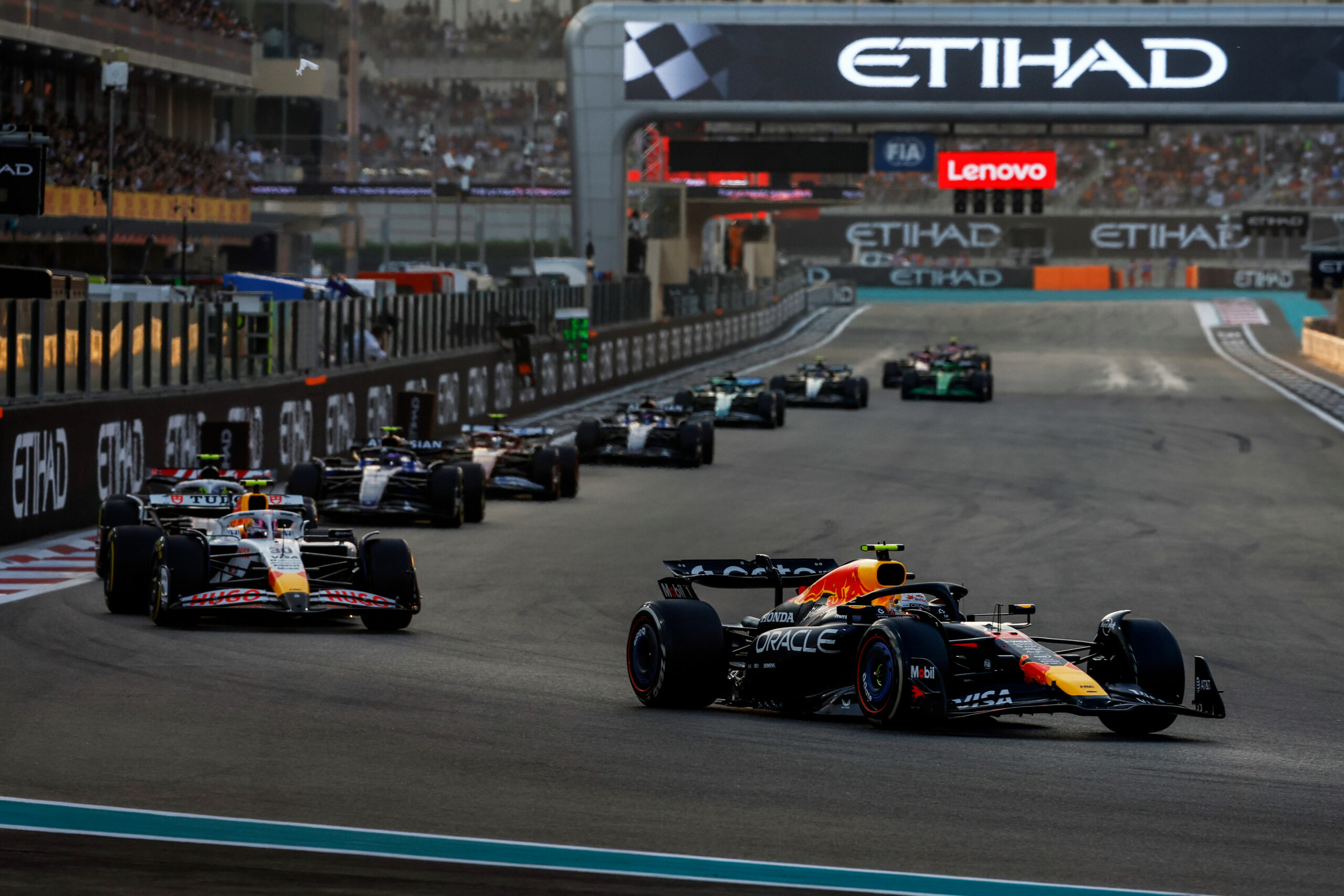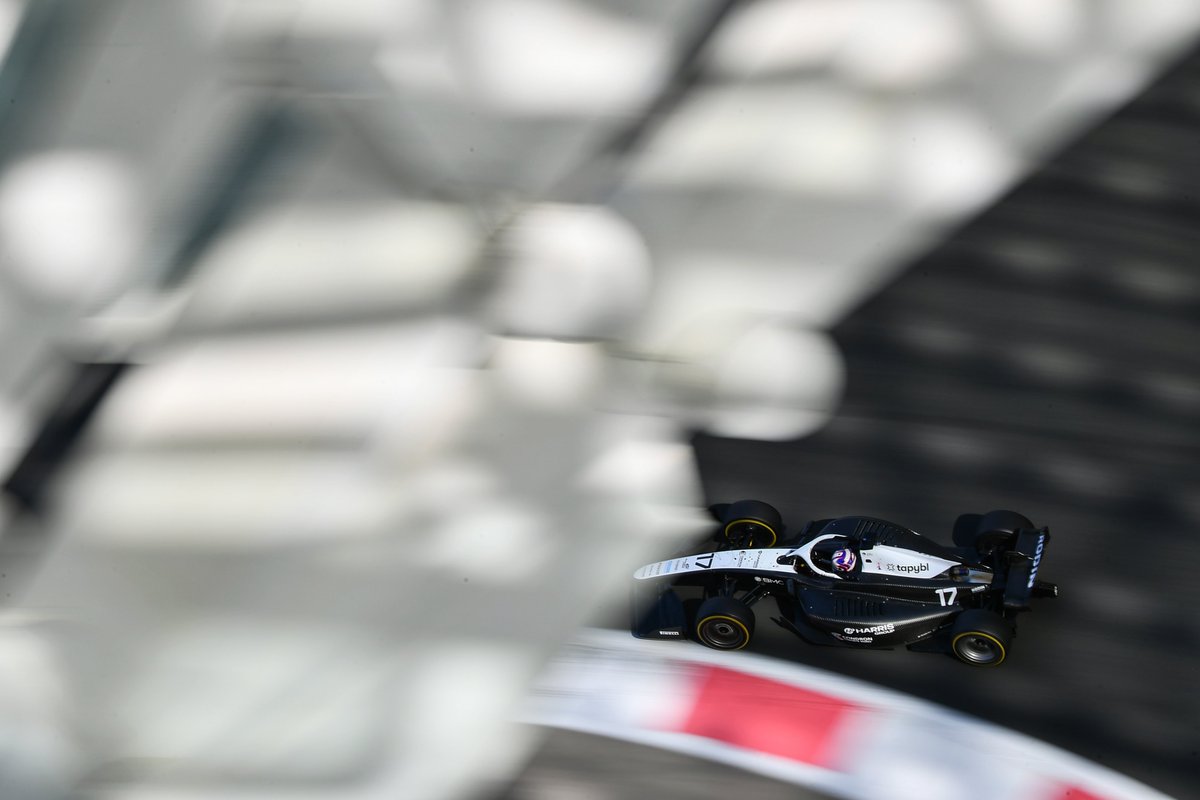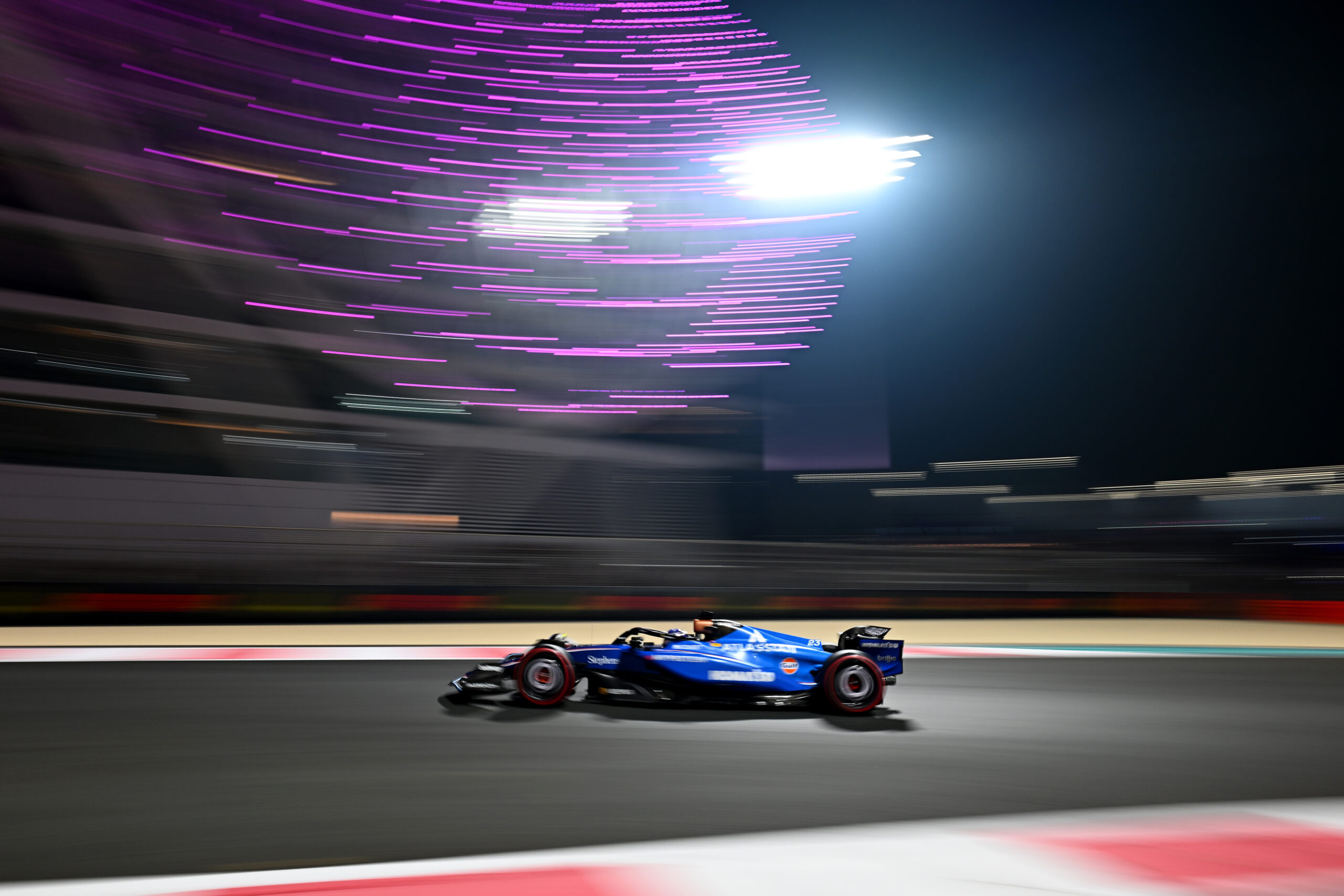We’ve sat down with Jake Hughes during the Berlin E-Prix to reflect on his performance six rounds into the season.

Credit: Formula E Media Bank / Carl Bingham
Sara Habets: You’ve had a really strong start to the season, with some great performances – duels, pole position, twice a P5 finish. How do you reckon it’s going for you then, from your own perspective?
Jake Hughes: Very well, I would say from a personal standpoint. I think also from a team standpoint, we’ve been executing really well. Earlier on I was actually was asked to rate my season so far on a scale from 1 to 10. I would say the same again – about 8 out of 10. You know, being a rookie is extremely challenging in this championship, but I think I’ve navigated it really well so far.
Obviously, there’s been some high points, like the pole position. Being in top five, twice in the races. There’s been some sort of flashpoints, let’s say, as well, where I think I could have done better. Um, but that’s a part of the game. So I think it’s been very strong, but we can always keep it improving.
Habets: What are your thoughts on Formula E so far? Obviously first season, you’ve had your fair share of racing in junior categories. How does it compare to all of the racing that you’ve done before?
Hughes: Well, from a car point of view, you can’t compare it. It’s completely its own thing. You know, there’s no junior categories to warm up to it. So, for me, the fact that I had a lot of experience in the sim was my only real prep for this. I would say I’m, well, first and foremost, I’m really enjoying it as well. It’s the most challenging series I’ve ever been in – from a driving standpoint, but I think the level of engineering and from a team standpoint is extremely high as well. There’s a lot of preparation that has to go into it. I’m enjoying the challenge, which is everything you could want as driver.
In the past, I’ve love driving on street tracks. In other categories you have Macau, Pau, Norisring and Monaco last year as well – so the fact that every track or less is a street track – I’m loving that side of it as well!
Habets: Coming from that, something you’ve touched up on it already a bit, how much does the preparation for a Formula E weekend differ from prep in other categories?
Hughes: Uh, extremely. The level of preparation we do in Formula E, I would say, it’s even more than triple what I would do in the junior categories. The amount of meetings we’re involved in, in terms of just talking through what we may find on the weekend and then going into the simulator to try and implement those things. And they throw different strategies and different scenarios at us, to sort of see how we handle it and be prepared for every outcome really. From an energy point of view – that’s the biggest reason why we go in the simulator to try and arrive at the track for FP1 in the best possible standpoint but also to give the driver all the different scenarios so that we are ready for that.
Habets: What would you say was the toughest challenge so far in terms of your racing in Formula E?
Hughes: It’s just the fluctuation of the races. I was aware how difficult this championship is. I was aware how tight it is in terms of, you know, I’ve come from junior categories where you can have 2, 3, 4, 5 seconds between cars and you can almost relax a little bit. And in Formula E, you just don’t get that – there’s people crashing into your gear box almost lap on lap.
So I was sort of aware that it was gonna be difficult from that point of view, so that was fine. It’s the difference between the simulator and the reality in terms of managing the energy. In the simulator – everything’s really constant. Everything’s really flat. There’s no cars around, it’s quite consistent. You can afford to make a mistake as well. Whereas in the races here, it’s amazing how much more the energy expenditure fluctuates between different teams, different drivers, depending on their strategies and our strategy. And it’s about adapting to the situation.
So that’s the biggest thing I’ve noticed so far. Even thinking back to Mexico in the first few laps by first race in Formula E, everyone’s flat out expending energy and now I’m sat there thinking, right, well this is not normal. Surely it’s not normal! To be spending energy so early in the race. But actually it’s just how it goes sometimes and you have to be ready for it.
Let’s say the basic way to look at it is that, in the race you want to go as quick as possible – but you need to save the energy. So you can’t have one without the others. Some, sometimes. And it’s about the, the team that wins and the driver that wins is who treads that line the best. Basically how, who can go to the fastest for the least amount of energy you spend?
Habets: Is your participation in Formula E also dictated a bit by your own personal interest in sustainability? Is this something that you care about?
Hughes: I mean, from a personal standpoint, it’s something that’s so fluid in the last few years I think. It feels like it’s not necessarily just arrived all of a sudden, but the discussion and the topics feel like they’re very new, somehow. So, obviously, my standpoint and my opinions have probably changed as well. In terms of Formula E, I think it’s great that we’ve promoted the message of electric mobility of sustainability, how we go racing, how we perform on this incredibly tough stage in front to the world, trying to be better in every aspect of sustainability. You know, We’re not perfect, but the goal is to be better and better each day. And I think this championship really sends that message out quite well. So I’m happy to be a part of that!




